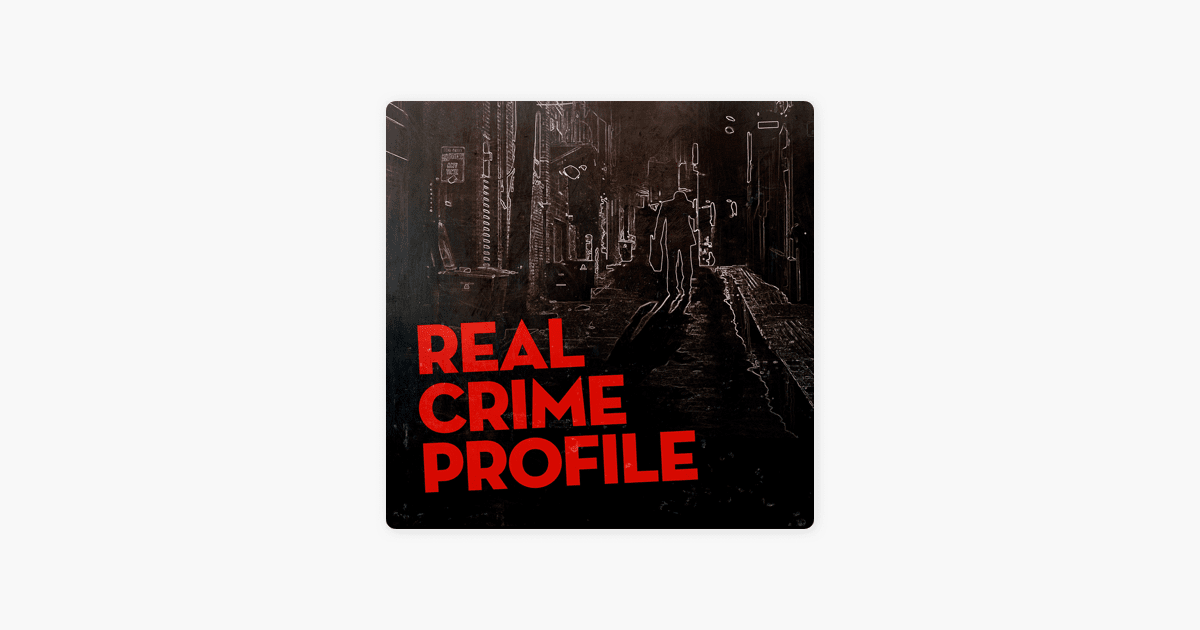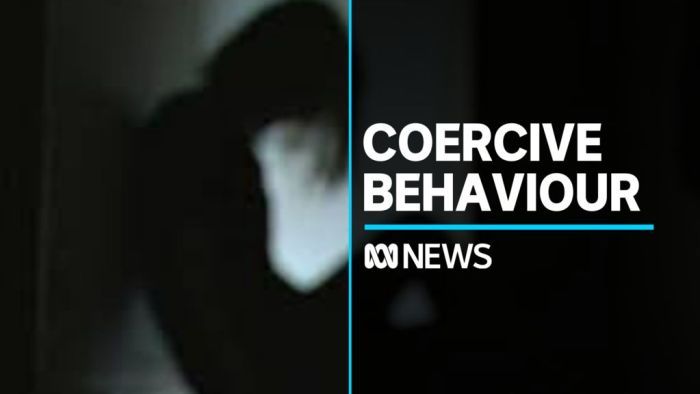- Dec 27, 2016
- 26,674
- 56,620
- AFL Club
- Western Bulldogs
- Moderator
- #1
Coercive control is now a criminal offence in the UK carrying a prison term of up to 5 years. Eventually, we'll get it here.
If anybody has checked in to the really popular podcast DIRTY JOHN they will probably already be familiar with how insidious and dangerous it is. Worth a listen.
The line between appropriate relationship dynamics and unlawful behaviour might seem a bit blurry at times but the difference in an abusive relationship is that decisions by a dominant partner can become rules that, when broken, lead to consequences for the victim.
This list isn't exhaustive but building on the examples of the UK's Statutory Guidance, relevant behaviour of the perpetrator can include:

If anybody has checked in to the really popular podcast DIRTY JOHN they will probably already be familiar with how insidious and dangerous it is. Worth a listen.
The line between appropriate relationship dynamics and unlawful behaviour might seem a bit blurry at times but the difference in an abusive relationship is that decisions by a dominant partner can become rules that, when broken, lead to consequences for the victim.
This list isn't exhaustive but building on the examples of the UK's Statutory Guidance, relevant behaviour of the perpetrator can include:
- Isolating a person from their friends and family
- Depriving them of their basic needs
- Monitoring their time
- Monitoring a person via online communication tools or using spyware
- Taking control over aspects of their everyday life, such as where they can go, who they can see, what to wear and when they can sleep
- Depriving them access to support services, such as specialist support or medical services
- Repeatedly putting them down such as telling them they are worthless
- Enforcing rules and activity which humiliate, degrade or dehumanise the victim
- Forcing the victim to take part in criminal activity such as shoplifting, neglect or abuse of children to encourage self-blame and prevent disclosure to authorities
- Financial abuse including control of finances, such as only allowing a person a punitive allowance
- Control ability to go to school or place of study
- Taking wages, benefits or allowances
- Threats to hurt or kill
- Threats to harm a child
- Threats to reveal or publish private information (e.g. threatening to 'out' someone)
- Threats to hurt or physically harming a family pet
- Assault
- Criminal damage (such as destruction of household goods)
- Preventing a person from having access to transport or from working
- Preventing a person from being able to attend school, college or University
- Family 'dishonour'
- Reputational damage
- Disclosure of sexual orientation
- Disclosure of HIV status or other medical condition without consent
- Limiting access to family, friends and finances

Real Crime Profile: More on Coercive Control with Professor Evan Stark on Apple Podcasts
Show Real Crime Profile, Ep More on Coercive Control with Professor Evan Stark - 16 May 2017
podcasts.apple.com






